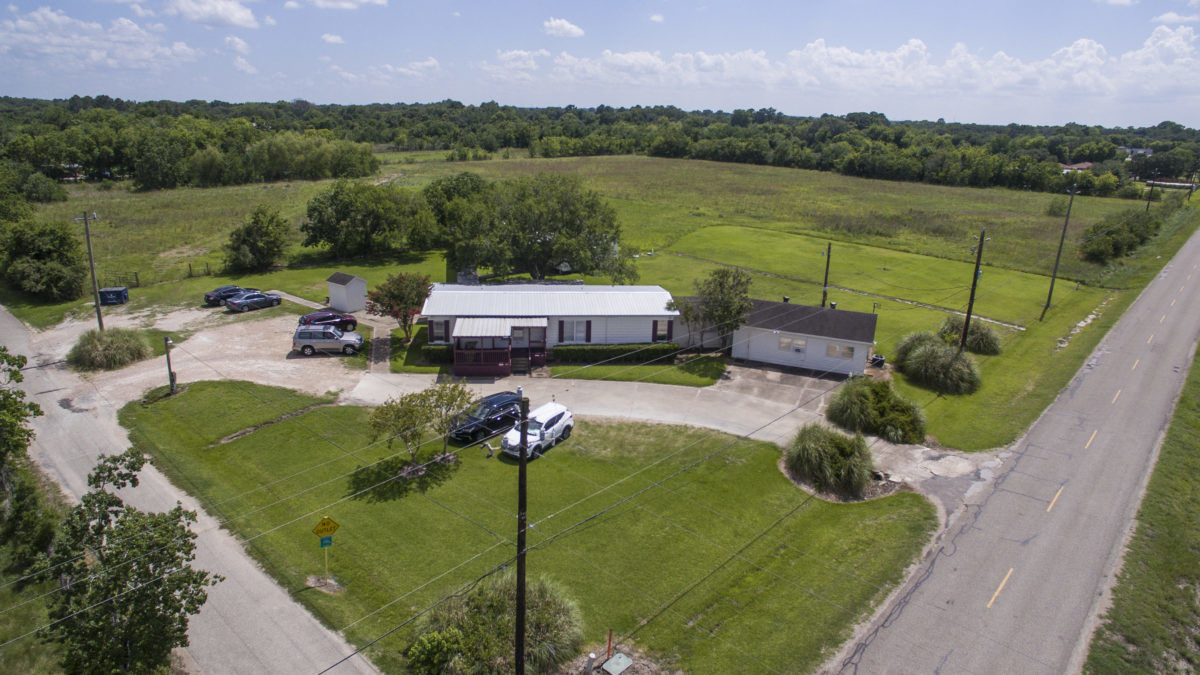The government is violating a federal judge’s order to stop medicating immigrant children held at a troubled Texas shelter without proper consent and to move the children to other housing, attorneys for the children allege in new court filings.
US District Judge Dolly Gee ordered July 30 that immigrant children held at Shiloh Treatment Center could no longer be medicated with psychiatric drugs without the consent of a parent or court authorization and that any children not deemed a danger to themselves or others be moved to less restrictive housing. Gee also found the children should be allowed access to private phone calls.
After a court filing in a separate case noted that the children still had not been evaluated to determine whether they should be moved, Gee appointed a private attorney to oversee the government’s compliance with the order. Government lawyers recently filed a motion requesting that the judge reconsider her decision because the Office of Refugee Resettlement “has been provided no opportunity to develop evidence,” records state.
But lawyers representing the children held at Shiloh allege in the new court filings that the government is failing to comply with the order. As recently as this week, attorneys interviewed some of the immigrant children at Shiloh. The facility, about 20 miles south of Houston, has been under investigation in the past following the deaths of several teenagers in its care.
“Child after child reported that the Court’s order has had little impact on ORR’s placing children at Shiloh or on the treatment they experience there,” records state.
On Thursday, one child told the lawyers: “The drugs make me feel really tired and sluggish. … Sometimes I have stomach pain and a lot of headaches. … No one from Shiloh has asked permission from my mother or my aunt to give me the medications.”
The court filings also state that the Office of Refugee Resettlement is placing children at Shiloh without properly evaluating them and continues to monitor their phone calls with relatives.
Plaintiff lawyers also noted:
The July 30 order requires the government to give detained children written notice explaining why they are held at a secure facility in a language they understand. But lawyers found cases of children held at the Yolo County juvenile detention facility in California who did not receive notices. The government now is requiring more rigorous background checks for experts hired by lawyers representing the children. The new checks look at, among other things, credit history, criminal history, motor vehicle records and employment history. Nearly 50 children have been held at the Tornillo temporary shelter, made up of tents in the desert near El Paso, since June.
A hearing is scheduled for Nov. 9 in the US District Court for the Central District of California.
Join us in defending the truth before it’s too late
The future of independent journalism is uncertain, and the consequences of losing it are too grave to ignore. To ensure Truthout remains safe, strong, and free, we need to raise $46,000 in the next 7 days. Every dollar raised goes directly toward the costs of producing news you can trust.
Please give what you can — because by supporting us with a tax-deductible donation, you’re not just preserving a source of news, you’re helping to safeguard what’s left of our democracy.
